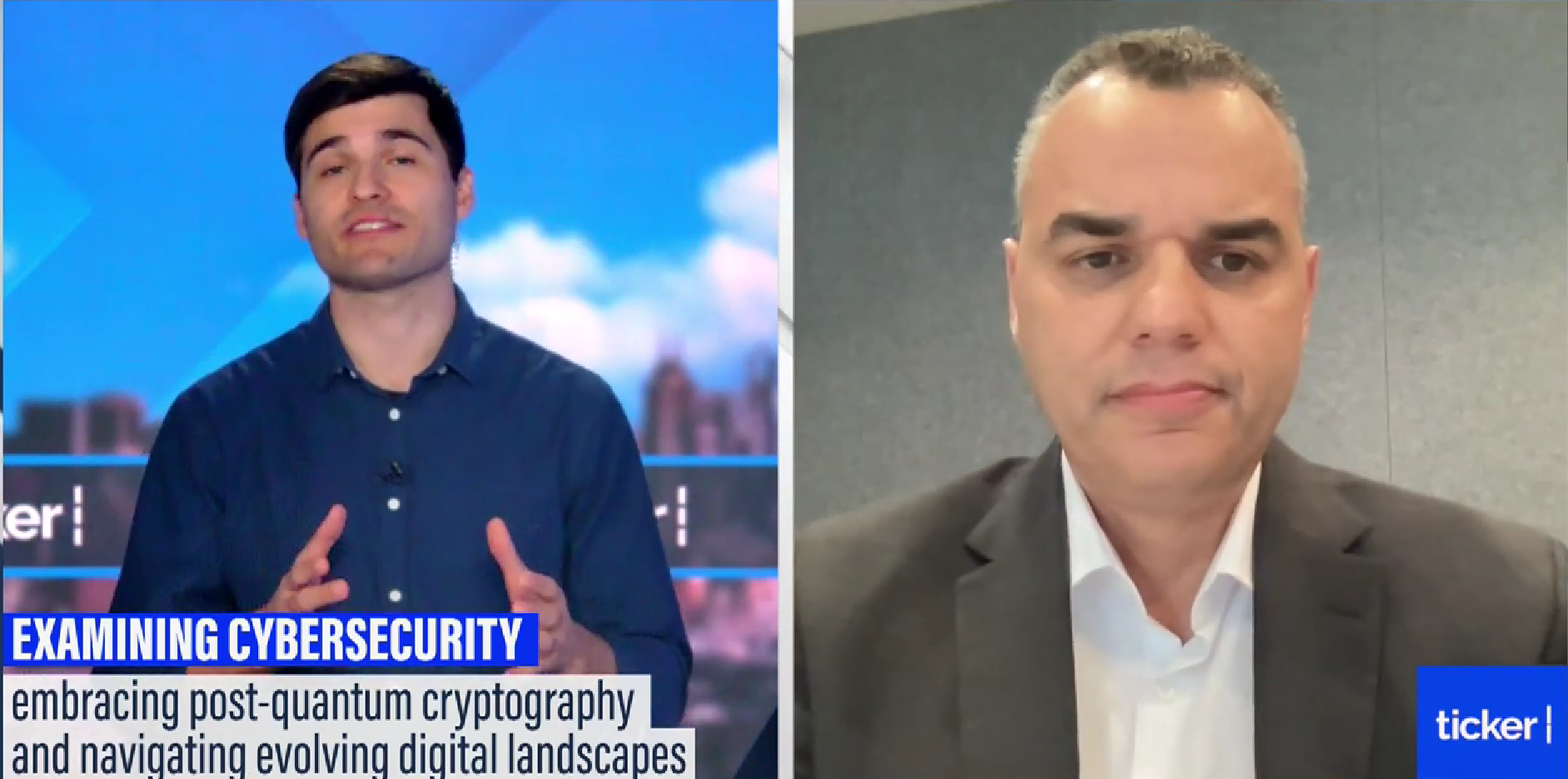In the rapidly evolving world of technology, the advancements in quantum computing and artificial intelligence (AI) are setting new frontiers in cybersecurity. As these technologies advance, the challenge of ensuring digital trust becomes increasingly complex.
DigiCert’s Armando Dacal, a seasoned expert in cybersecurity, recently shed light on this critical issue in an interview with Ticker, a Melbourne, Australia-based news and media company.
“Trust is the foundation of any business,” said Dacal. “If you don’t trust the business that you’re dealing with, that’s the end of the relationship.
This statement underlines the importance of digital trust in today’s hyper-connected world, where breaches in cybersecurity can significantly erode consumer confidence and damage organizational reputation.

The emergence of quantum computing presents a double-edged sword; while it offers the potential to solve complex problems unimaginable today, it also poses a significant threat to current cryptographic standards.
“With Quantum Computing on the horizon, we’re urging business leaders to really get their arms around all their cryptographic assets and start to prepare for this new Quantum world,” said Dacal.
The adoption of post-quantum cryptography becomes imperative as organizations strive to protect their crypto-assets from the increasingly sophisticated methods employed by cybercriminals. Dacal pointed out the importance of being proactive in this regard, stating: “One of the recent things that we’re finding now is organizations are becoming much more aware of what’s on the horizon, not just today’s threats but tomorrow’s threats.”
Moreover, Dacal discussed how AI is being utilized by both defenders and attackers in the cybersecurity domain. The technology allows for the automation of tasks that cybercriminals used to do manually, significantly enhancing their capabilities. Conversely, enterprises are also deploying AI to bolster their cybersecurity measures.
“Enterprises are also deploying AI from a cybersecurity perspective, and they’re looking at ways where they can train AI to potentially look in their organization and simulate some of these breaches that the criminals might be using,” Dacal explained.
In response to these challenges, Dacal advises businesses to take a comprehensive approach to their cybersecurity strategies, encompassing not just the immediate threats but also preparing for future advancements in technology. This includes an in-depth assessment of cryptographic assets, enhancing processes and frameworks, and adopting a forward-looking perspective towards maintaining high levels of digital trust.
As quantum computing and AI continue to develop, their impact on cybersecurity will undoubtedly grow. Organizations must heed the advice of experts like Dacal and begin preparing for a future where digital trust is both a valuable commodity and a critical vulnerability. The balance between leveraging these powerful technologies and safeguarding against their potential threats will define the cybersecurity landscape in the years to come.
Featured image: Credit: Ticker
If you found this article to be informative, you can explore more current quantum news here, exclusives, interviews, and podcasts.
















